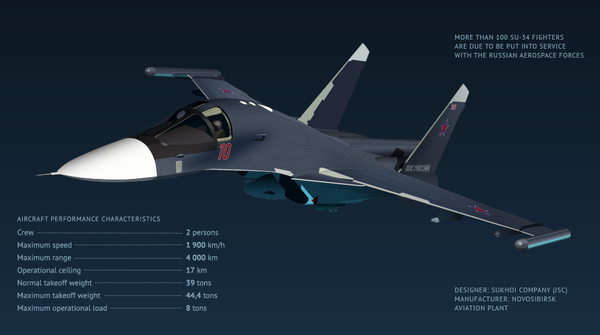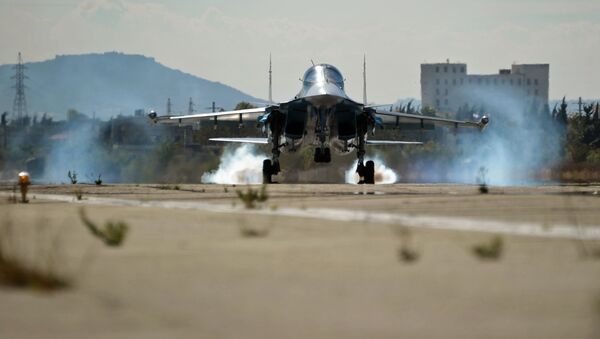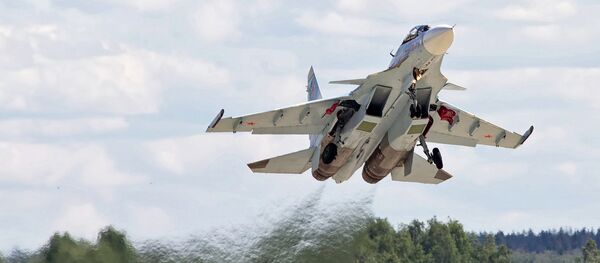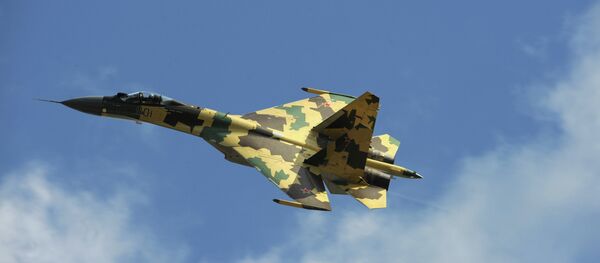Su-34 jet fighters/bombers were deployed to Syria from the first day of the operation. They destroyed terrorist infrastructure facilities and command points. Su-35s were deployed to Syria later. They provided protection for the striking force.
The high efficiency and reliability of Russian military hardware has drawn the interest of many potential buyers, Sivkov said.
"Before the Syrian campaign, for almost 25 years, the global image of Russian military hardware was not good. Potential buyers often kept away from buying it. But during the operation in Syria Russian weapons proved their effectiveness and reliability. And this drew enormous interest from potential customers," he said.
According to Sivkov, Russian hardware knows no rivals in terms of effectiveness-to-cost ratio. While its technical specifications are comparable with US-made weapons costs are much lower.
As for other parameters like flight specs, avionics and weapons Russian warplanes can provide competition to US-made jets, he added.

He assumed that all of the above is considered by potential buyers, and the number of contracts will increase.
"While India has traditionally been a buyer of Russian weapons, Malaysia and Indonesia have traditionally bought American hardware. Now, they have turned to Russia. If they buy Russian weapons their military and technical sector will be tied to Russia, including supplies of components and training of pilots," Sivkov said.
Among other potential buyers are also Venezuela, Brazil and Argentina, he added.



